Senior Fellows
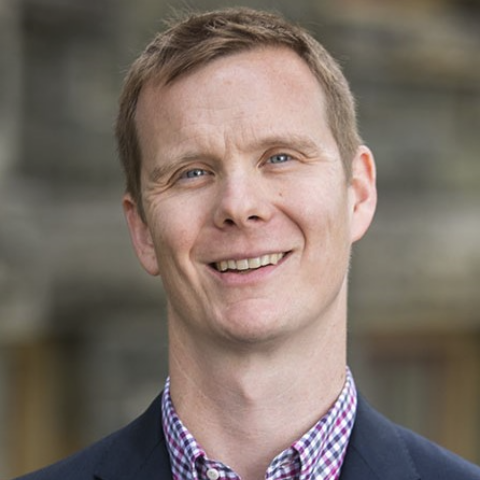
Dr. Doug Kriner
SENIOR FELLOW
Douglas Kriner is The Clinton Rossiter Professor in American Institutions in the Department of Government at Cornell University. His research and teaching interests focus on American political institutions and the separation of powers, as well as on US foreign policy and science and health policy. He is the author of five books, including most recently The Myth of the Imperial Presidency: How Public Opinion Checks the Unilateral Executive (University of Chicago Press 2020; with Dino Christenson). Other books include Investigating the President: Congressional Checks on Presidential Power (Princeton University Press 2016; with Eric Schickler) and The Particularistic President: Executive Branch Politics and Political Inequality (Cambridge University Press 2015; with Andrew Reeves).
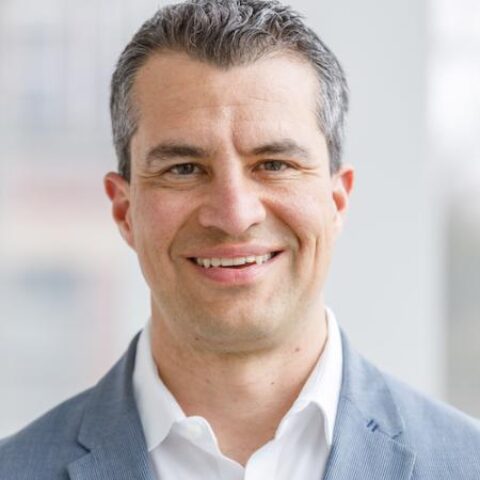
Dr. Gustavo Flores-Macías
SENIOR FELLOW
Gustavo Flores-Macías’ research and teaching focus on two main areas of political and economic development: 1) the politics of economic reforms, especially taxation, and 2) crime and policing, with an emphasis on the militarization of public safety. His most recent book, Contemporary State Building: Elite Taxation and Public Safety in Latin America, studies how institutionally weak governments can get the wealthy to shoulder a greater tax burden. In addition to serving as Cornell’s Associate Vice Provost for International Affairs, he is the editor of The Political Economy of Taxation in Latin America and the author of After Neoliberalism? The Left and Economic Reforms in Latin America, which won the Latin American Studies Association Tomassini Award in 2014.
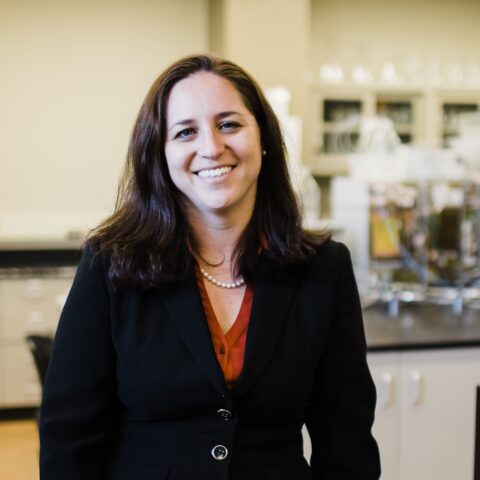
Dr. Jillian Goldfarb
SENIOR FELLOW
Prof. Jillian Goldfarb received her B.S. in Chemical Engineering from Northeastern University in 2004 and Ph.D. from Brown University in 2008, and is now an Associate Professor in Biological and Environmental Engineering at Cornell University. Her research tackles issues surrounding energy generation and its impact on the environment. On campus, Prof. Goldfarb is a Fellow at the Atkinson Center for a Sustainable Future, the Cornell Institute of Politics and Global Affairs, the Cornell Dairy Center of Excellence, and an Expert in the Cornell Energy Systems Institute. Prof. Goldfarb is an Associate Principal Editor for the journal Fuel, leading the Fall 2022 American Chemical Society Fall National Meeting Theme “Sustainability in a Changing World” and is a member of the ACS Committee on Environmental Improvement.
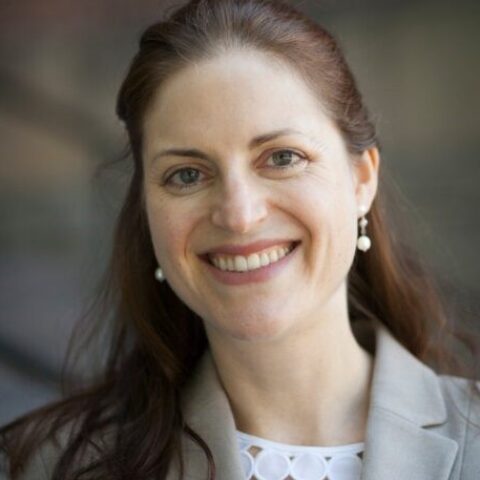
Dr. Rebecca Slayton
SENIOR FELLOW
Dr. Slayton’s research and teaching examine the relationships between and among risk, governance, and expertise, with a focus on international security and cooperation since World War II. Slayton’s current book project, Shadowing Cybersecurity, examines the historical emergence of cybersecurity expertise. Shadowing Cybersecurity shows how efforts to establish credible expertise in corporate, governmental, and non-governmental contexts have produced varying and sometimes conflicting expert practices. Nonetheless, all cybersecurity experts wrestle with the irreducible uncertainties that characterize intelligent adversaries, and the fundamental inability to prove that systems are secure. The book shows how cybersecurity experts have paradoxically gained credibility by making threats and vulnerabilities visible, while acknowledging that more always lurk in the shadows.
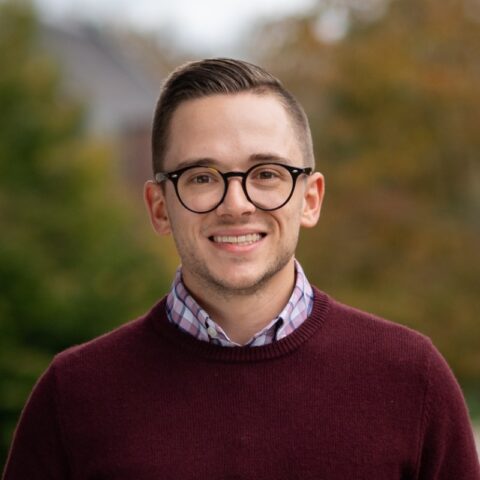
Dr. Ricky Clark
SENIOR FELLOW
Ricky Clark is an Assistant Professor of Government at Cornell University. He received his PhD (with distinction) in Political Science from Columbia University in May 2021 and was previously a postdoctoral fellow in the Niehaus Center for Globalization and Governance at Princeton University. He is a faculty affiliate of the Roper Center for Public Opinion at Cornell University, Cornell Center for the Social Sciences, and Saltzman Institute for War and Peace Studies at Columbia University. His current research focuses on international organizations, public opinion, and environmental politics. Ricky is particularly interested in policymaking at the World Bank and International Monetary Fund, including their nascent efforts to combat climate change.
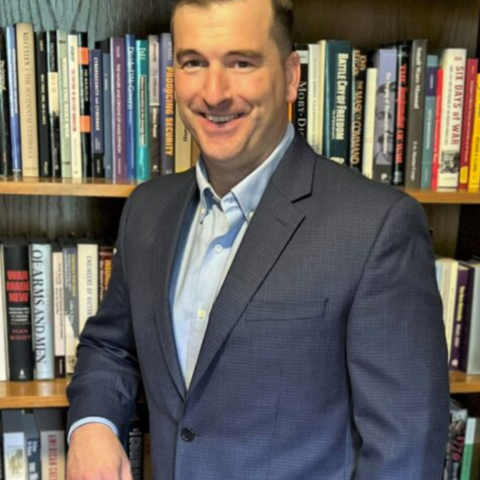
Dr. Keith Carter, LTC, U.S. Army
NON-RESIDENT SENIOR FELLOW
LTC Keith Carter is the Director of the Defense and Strategic Studies program at the United States Military Academy. He earned a PhD in Political Science and Government from the University of Pennsylvania in 2019.
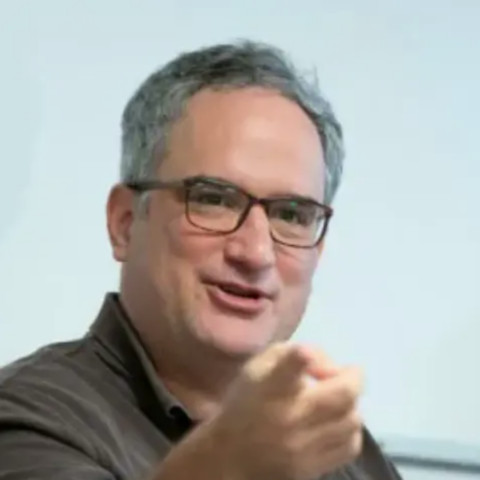
Dr. David Silbey
SENIOR FELLOW
David Silbey is the Director of Teaching and Learning at the Cornell in Washington program in the Jeb E. Brooks School of Public Policy at Cornell University. Dr. Silbey specializes in the industrialized total wars of the 20th century and the asymmetric responses — guerrilla warfare, insurgency, and terrorism — to those wars. He has written books on the British Army in World War I, the Philippine-American War, the Boxer Rebellion in China, and US military encounters with non-western nations. He is the series editor for Cornell University Press’ military history series “Battlegrounds: Cornell Studies in Military History.” Dr. Silbey got his Ph.D at Duke University and his BA at Cornell University.
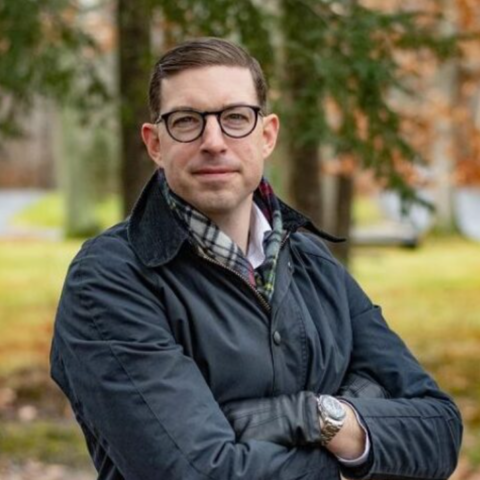
Dr. Paul Lushenko, LTC, U.S. Army
NON-RESIDENT SENIOR FELLOW
LTC Paul Lushenko is the Director of Special Operations and a Faculty Instructor in the U.S. Army War College’s Department of Military Strategy, Planning, and Operations. He earned his Ph.D. and M.A. in International Relations from Cornell University. He also holds an M.A. in Defense and Strategic Studies from the U.S. Naval War College, an M.A. in International Relations and a Master of Diplomacy from The Australian National University, and a B.S. from the U.S. Military Academy. He is the co-editor of Drones and Global Order: Implications of Remote Warfare for International Society (2022), which is the first book to systematically study the implications of drone warfare on global politics. He also has a book forthcoming on the public’s perceptions of legitimate drone strikes, entitled The Legitimacy of Drone Warfare: Evaluating Public Perceptions.
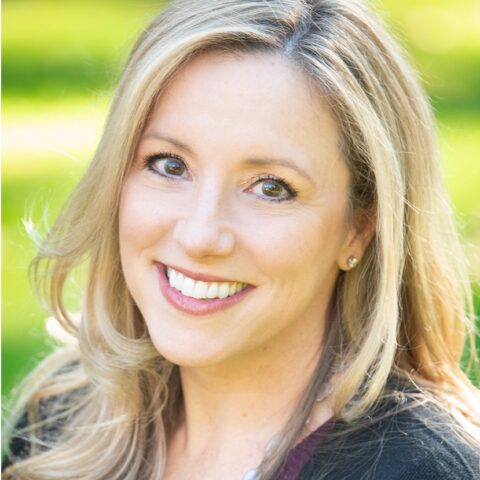
Judith Germano
SENIOR FELLOW
Judith Germano is a practicing attorney, corporate director, and former federal prosecutor specializing in cybersecurity and technology risk management and strategy, regulatory risk, and compliance. Judi is a Distinguished Fellow at NYU’s Center for Cybersecurity; Adjunct Professor of Law at NYU School of Law; and Adjunct Professor and Faculty Advisory Board Member of the Volatility and Risk Institute at NYU Stern School of Business. She is the founder and lead counsel of GermanoLaw LLC, advising public and privately held organizations and their leaders regarding cybersecurity and privacy; high-stakes mediation and negotiations; complex fraud and other investigations and litigation; regulatory-compliance matters; and crisis management. Judi is an independent director at DIME Community Bancshares, Inc. (Nasdaq: DCOM), serving on the Enterprise Risk, Strategic Planning, and Credit Risk Committees. Judi founded and chairs Women Leaders in Cybersecurity, and is an Expert Industry Advisor of Truepic Inc.
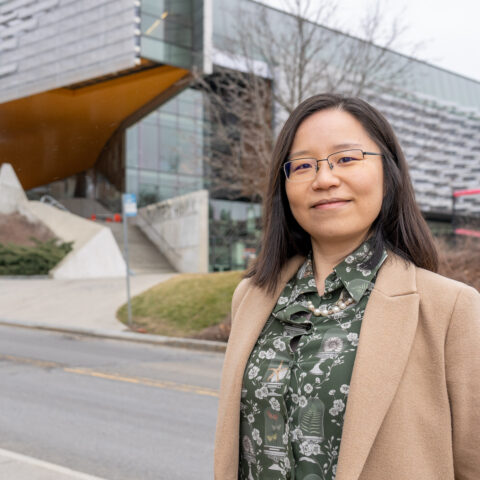
Dr. Qian Yang
SENIOR FELLOW
Dr. Qian Yang is a human-AI interaction designer and Cornell’s assistant professor in information science. Her research focuses on understanding how to bring human-centered thinking to bear on frontier AI techniques more effectively. Her recent work focuses on leveraging large language models (LLMs) for education and mental healthcare, and in doing so, promoting the new practice of “designing AI technologies and policies simultaneously.”
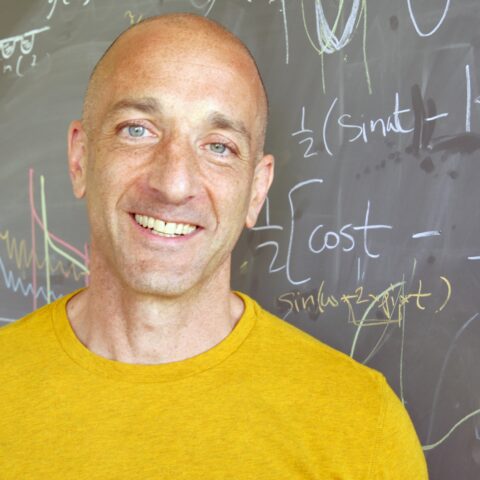
Dr. Christopher Earls
SENIOR FELLOW
Chris Earls is Director of the ONR-funded SciAI Center , and his research group pioneers
partnerships between human and machine intelligences; pushing the frontiers of scientific
discovery forward using mathematics as a common language. Mathematics is the language of
the natural laws that, with great precision, describe our universe. The associated governing
equations are then the syntax for our predictive theories. By creating novel AI architectures, that
reason in terms of sophisticated mathematics, Earls believes that it is possible to facilitate both
the machine’s ability to learn about the world, and also its ability to communicate back to us
what it has discovered; while at the same time opening the door to theoretical understanding of
how and why the machine is able to learn what it does from data that are too complex for
human interpretation.
